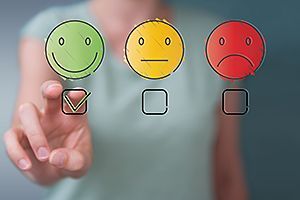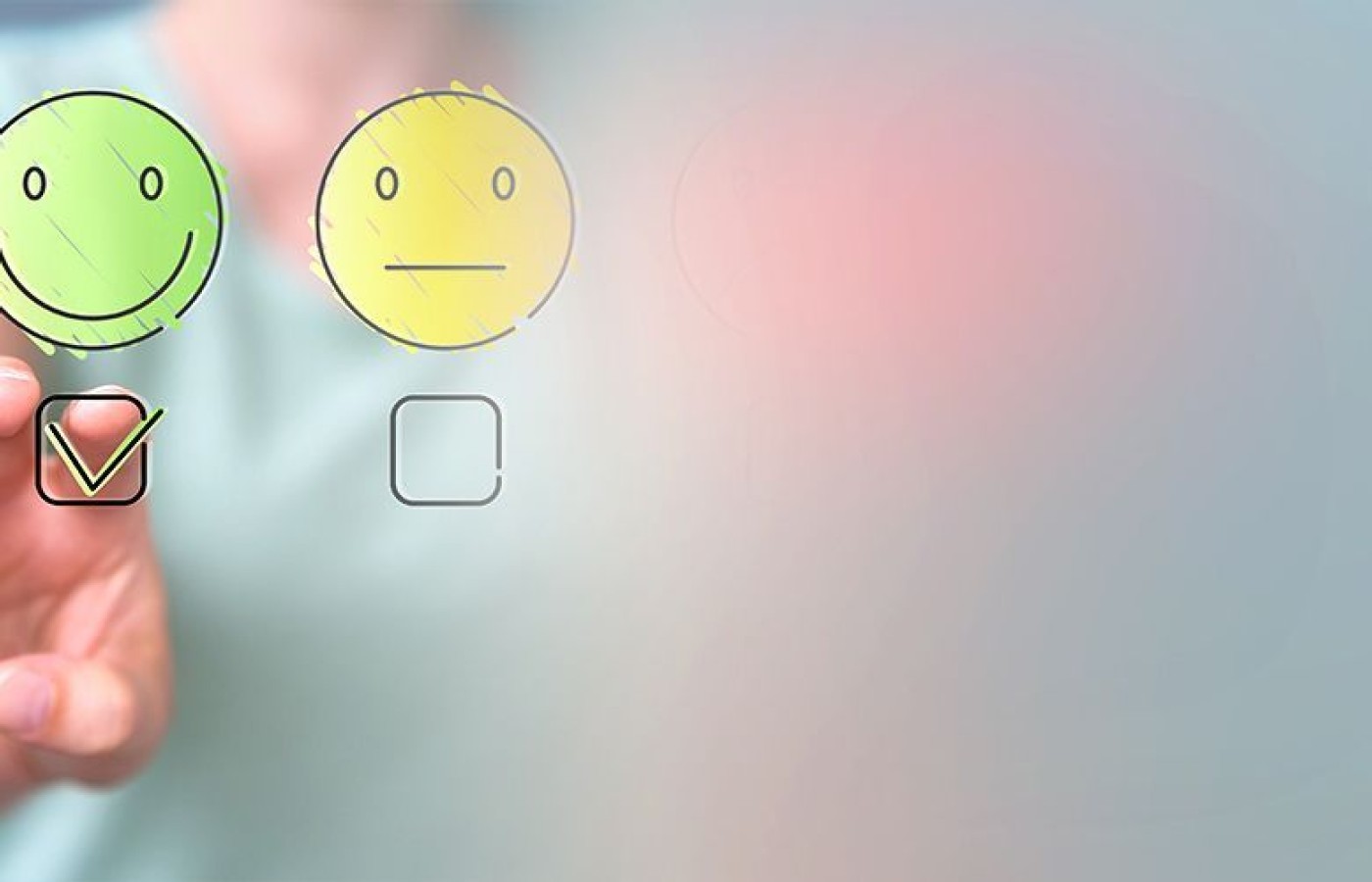The most important relationship I seek to nurture in the treatment room is the one a patient has with their own body. We live in a culture that teaches us to override pain, defer to outside authority, and push through discomfort. Patients often arrive hoping I can “fix” them, but the truth is, we can’t do the work for them. We can offer guidance, insight and support, but healing requires their full participation.
SSRI Therapy for Depression: Better With Acupuncture
Selective serotonin reuptake inhibitors (SSRIs) are the most commonly prescribed antidepressants, but their effectiveness can be improved with electroacupuncture, suggests new research.
Researchers evaluating 100 patients at Guangzhou First People's Hospital (China) diagnosed with major depressive disorder – for which SSRIs are considered a first-line treatment in both adults and children – administered an SSRI (escitalopram) to half of the patients; and escitalopram plus electroacupuncture to the remaining half. Average patient age was 43.25 years, and treatment lasted six weeks.
All patients received 10 mg of escitalopram 1-2 times daily, depending on the severity of their condition; the acupuncture group also received electroacupuncture to two primary points:
- GV 20 (Baihui)
- ST 36 (Zusanli)
Each patient also received electroacupuncture to supplementary points based on their respective TCM symptom pattern:
- GB 34 (Yanglingquan) and SP 6 (Sanyinjiao) for liver depression and spleen deficiency
- SP 6 (Sanyinjiao) and KD 3 (Taixi) for liver and kidney yin deficiency

Each electroacupuncture treatment lasted 45 minutes. Patients received six total treatment courses over the six-week study, with seven days constituting a single treatment course (daily treatment for two consecutive days, followed by two-day breaks).
Primary outcome measures improved significantly in the electroacupuncture group compared to the drug-only group: Loewenstein Occupational Therapy Cognitive Assessment scores (which assess basic cognitive skills for everyday function); and serum pro-inflammatory factors (which are typically elevated in patients with major depressive disorder): IL-2, IL-1β, IL-6, and TNF-α.
These findings are important for several reasons, as illuminated by the National Institute of Mental Health (a division of NIH):
- "Major depression is one of the most common mental disorders in the United States."
- "For some individuals, major depression can result in severe impairments that interfere with or limit one's ability to carry out major life activities."
- "Treatment with medication alone is the least common [approach]." (This suggests the potential for acupuncturists to play a significant role in integrative treatment protocols.)
- "Approximately 35% of adults with a major depressive episode [do] not receive treatment."
And let's not forget perhaps the most critical reason why findings such as these matter: Integrative approaches may reduce or remove the drug burden and potential side effects associated with medication. The fewer drugs a patient has to take, the better.
Source
- Gu Zhiwen, et al. Effect of electroacupuncture combined with escitalopram on cognitive function and serum inflammatory factor in patients with major depressive disorder. Shandong J Trad Med, 2021;40(9).
Editor's Note: An English translation / summary by continuing-education provider HealthCMi served as the basis for this article.



